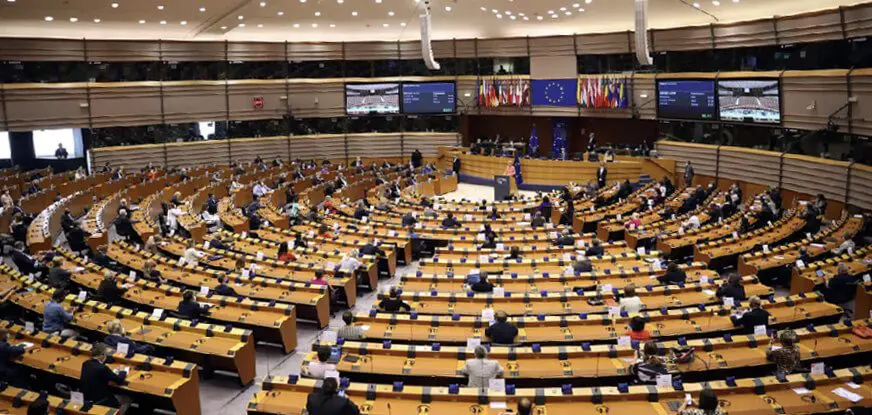With 19 votes to 9 and without any abstentions, the EP Committee on Constitutional Affairs backed on Monday a legislative initiative to replace the current European Electoral Act that defines how Members are elected to the European Parliament.
Transnational electoral lists
In their proposal, MEPs, led by the rapporteur Domènec Ruiz Devesa (S&D, ES), suggest that each voter should have two votes, one to elect MEPs in national constituencies and one in a European Union-wide constituency. 28 additional MEPs should come from the Union-wide constituency.
EU-wide lists of candidates should be submitted by European electoral entities, such as coalitions of national political parties and/or national associations of voters or European political parties. These lists will have to respect geographical representation so that smaller member states are not put at a competitive disadvantage. A new European Electoral Authority would be in charge of registering the lists, according to MEPs.
Minimum electoral standards in all member states
In order to promote a public European debate, MEPs propose a set of minimum standards to be observed during elections in the EU. Every European Union citizen over the age of 18 should have the right to stand as a candidate and a mandatory electoral threshold of at least 3.5% for large constituencies (those with at least 60 seats) should be introduced. The text also sets 9 May as the common European voting day in all member states.
Member states should ensure that European electoral entities are given equal treatment and opportunities as national political parties and that ballot papers used in elections give equal visibility to the names, acronyms, symbols and logos of these entities.
All citizens, including persons with disabilities, should have equal access to the elections. There should always be the option of postal voting, so that for example citizens living in non-EU countries can exercise their right to vote. Gender equality should be mandatory on lists of candidates.
Next steps
The Constitutional Affairs Committee will vote on Tuesday, 29 March on an accompanying resolution to the draft Regulation.
Both texts will then have to be voted on by the European Parliament plenary, possibly during the 2-5 May session. According to Article 223 of the Treaty on the Functioning of the European Union (TFEU), following endorsement by plenary, the legislative initiative will have to be adopted unanimously by the Council, obtain Parliament’s consent and receive the approval of all the member states in accordance with their respective constitutional requirements.
Background
The European Electoral Act, dating back to 1976 (modified in 2002 and 2018, although the later amendment is not yet in force), contains common principles that must be respected by member states’ laws on the elections to the European Parliament. However, the current Act does not define a uniform electoral system applicable across the EU.
According to Article 223 of the TFEU, it is the European Parliament which has the legislative initiative for the European Electoral Act. The EP shall draw up a proposal to lay down the provisions necessary for the election of its Members by direct universal suffrage in accordance with a uniform procedure in all Member States or in accordance with principles common to all Member States.







